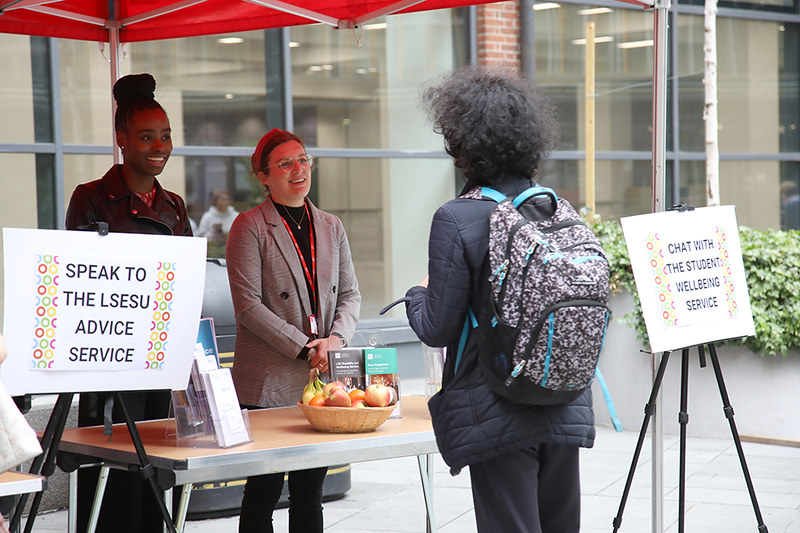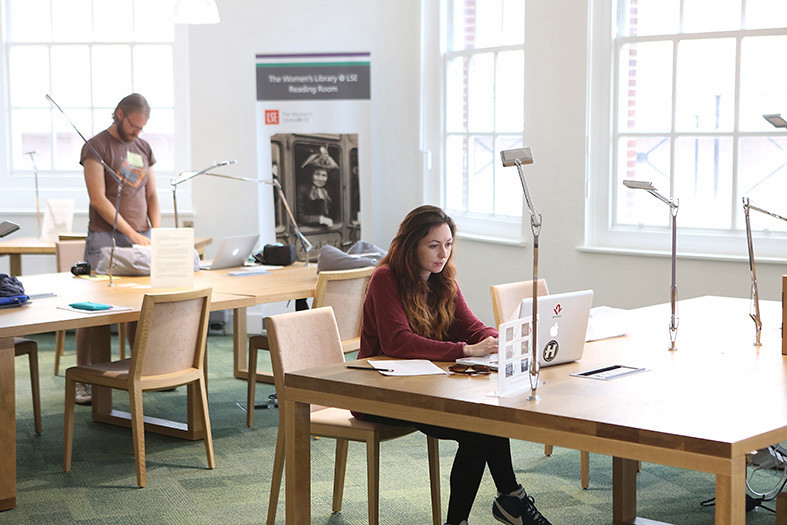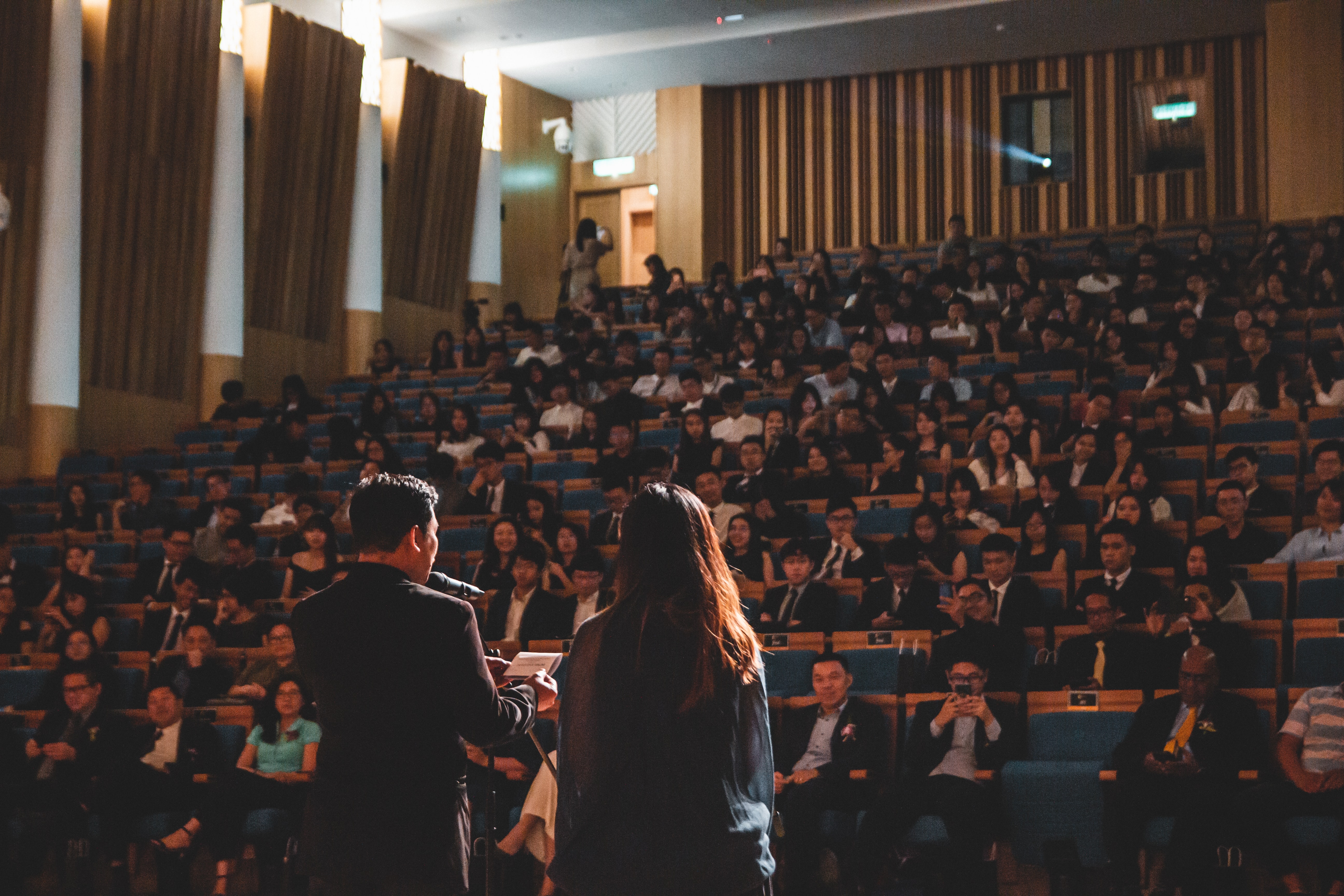Working towards earning your PhD is an engaging venture albeit your progress can be riddled with challenges along the way. Some of these challenges have less to do with answering your research questions and more to do with managing stress, maintaining energy levels, overcoming anxiety, working around constraints, and finding the balance that helps your progress and takes care of your mental health.
The PhD burnout is a very real and yet less talked about phenomenon which can make the experience all the more tough to deal with. The WHO defines burnout as a syndrome that results from excessive stress and is characterised by the following dimensions:
- Reduced energy or exhaustion
- Negative feelings towards your work
- Lowered efficacy.
As a PhD student, you’re essentially working a full-time job and may experience these symptoms. And so, all the concepts we talk about with regards to a healthy work-life balance, maintaining productivity over time, and delivering quality work apply to your PhD life. No doubt PhDs are tough; however, you can overcome burnout by managing the symptoms. Here are some tips:
Improve energy levels
This is a no-brainer and yet can’t be stressed enough – eating well, following good sleep hygiene, and exercising regularly are your three best strategies at enhancing energy levels. Ensure that you eat a healthy diet and at regular intervals. Getting enough sleep is key to feeling well-rested and productive. Regular exercise can improve multiple health-related parameters and also boost your mood and sleep quality.
Maintain energy levels
Establishing a routine provides a better structure to your work and helps you manage your time and workload better without necessarily having to work long hours. There is evidence to support that routines improve creativity and focus. Ensure that you regularly take time off to improve your performance at work. This applies to within a work day where you take regular short breaks and even during the academic year, where you give yourself an extended well-deserved break. Taking walks, watching a show, catching up with a friend are good ideas for short breaks.
Reduce stress and anxiety
It is inevitable that your PhD will be stressful at times but the stress doesn’t have to lead to burnout. For this, the stress needs to be managed well. Journalling, meditation, reading (other than PhD work), listening to music, using laughter are all proven strategies to alleviate stress. Actively taking the time to switch-off from work and invest some time on these activities can go a long way towards managing stress and other negative emotional states and caring for your mental health.
Boost self-efficacy
Self-efficacy is your set of beliefs and personal confidence in your own ability to accomplish goals and is very important for your performance. Improving self-efficacy is not only necessary for avoiding burnout but is also key for good mental health, and personal and professional development. Developing a good support network of friends and peers, building resilience to bounce back from set-backs, reframing your outlook to a more optimistic style of thinking can help enhance your self-efficacy.
The PhD burnout is certainly avoidable and can be overcome with a few lifestyle improvements and mindset training. Your PhD is a project that you’ll be invested in for three to four years. Burning out early on in the journey can affect both your personal and professional life. This can be avoided by simply taking charge of your work life and taking care of yourself. You may want to consider talking to a professional if you need help. LSE has a number of support and well-being resources for PhD students that provide the necessary guidance or point you in the direction of other resources that may be available to you.
Your PhD can be rewarding experience if you take the initiative to shape your own journey.





